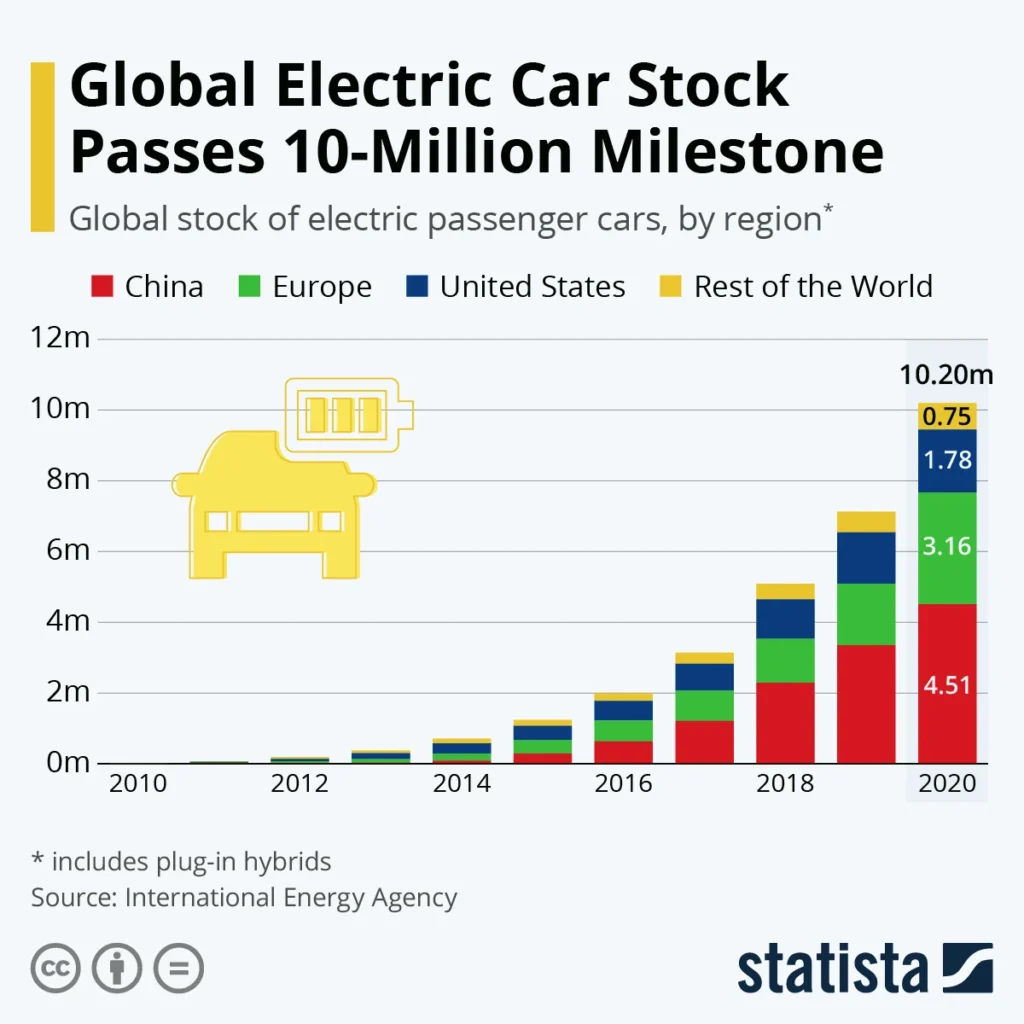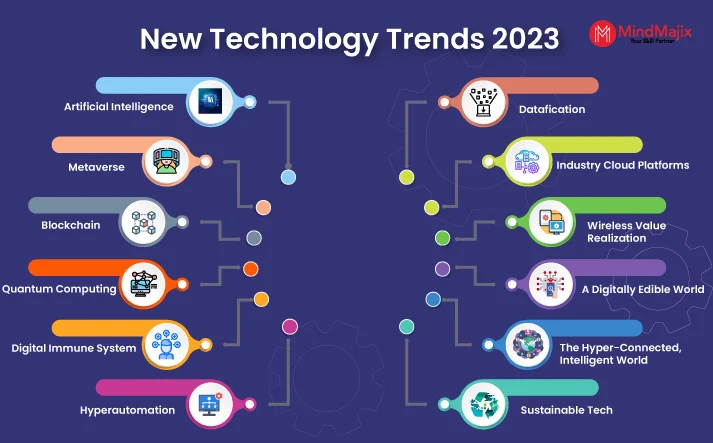Electric vehicles (EVs) have reached a significant milestone as global adoption rates continue to soar, driven by the expansion of infrastructure to support them. The increasing availability of charging stations, government incentives, and advancements in battery technology have contributed to the widespread acceptance of EVs as a viable alternative to traditional gasoline-powered vehicles. As a result, the global market for electric vehicles is experiencing rapid growth, with more consumers and businesses choosing to make the switch to electric transportation. This shift towards sustainable mobility represents a significant step towards reducing greenhouse gas emissions and combating climate change. As the demand for EVs continues to rise, manufacturers and policymakers are working together to further expand the infrastructure needed to support this growing market.
Global Adoption Rates Soar
Electric vehicles (EVs) have seen a significant increase in global adoption rates in recent years. This surge in popularity can be attributed to several factors, including advancements in technology, environmental concerns, and government incentives. As more consumers become aware of the benefits of EVs, such as reduced emissions and lower operating costs, the demand for these vehicles continues to rise. In addition, automakers are investing heavily in expanding their electric vehicle offerings, providing consumers with a wider range of options to choose from.
Furthermore, the increasing availability of charging infrastructure is making it more convenient for consumers to own and operate EVs. With a growing network of charging stations in urban areas and along highways, range anxiety is becoming less of a concern for potential EV buyers. As a result, countries around the world are witnessing a surge in EV sales, signaling a shift towards sustainable transportation and a reduced reliance on traditional internal combustion engine vehicles.
Infrastructure Expansion
The expansion of charging infrastructure is a key factor driving the global adoption of electric vehicles. Governments, private companies, and automakers are investing in the development of charging networks to support the growing number of EVs on the road. This includes the installation of public charging stations in urban areas, as well as the deployment of fast-charging stations along highways to enable long-distance travel.
In addition to public charging infrastructure, many consumers are also installing home charging stations, providing a convenient and reliable way to charge their EVs overnight. This expansion of charging options is crucial in addressing one of the main barriers to EV adoption, as it alleviates concerns about range and accessibility. As the infrastructure continues to expand, it is expected that more consumers will make the switch to electric vehicles, further driving the global shift towards sustainable transportation.
Advancements in Technology
The rapid advancements in electric vehicle technology have played a significant role in driving global adoption rates. With improvements in battery technology, EVs are now capable of achieving longer driving ranges on a single charge, addressing one of the main concerns for potential buyers. Additionally, the performance of electric vehicles has improved, with many models offering fast acceleration and a smooth, quiet ride.
Furthermore, the development of more affordable EV options has made electric vehicles accessible to a wider range of consumers. Automakers are introducing compact and midsize electric vehicles that are competitively priced, offering an attractive alternative to traditional gasoline-powered cars. As technology continues to evolve, it is expected that electric vehicles will become even more appealing to consumers, further driving global adoption rates.
Environmental Concerns
Increasing awareness of environmental issues, such as air pollution and climate change, has also contributed to the soaring global adoption of electric vehicles. As more consumers seek environmentally friendly transportation options, the appeal of electric vehicles has grown. EVs produce zero tailpipe emissions, reducing air pollution in urban areas and contributing to improved air quality.
Furthermore, the use of renewable energy sources to charge electric vehicles further enhances their environmental benefits. By shifting away from fossil fuels, EVs play a role in reducing greenhouse gas emissions and mitigating the impact of transportation on the environment. As global efforts to address climate change continue to gain momentum, the transition to electric vehicles is expected to accelerate, driven by the growing concern for environmental sustainability.
Government Incentives
Many governments around the world are implementing incentives to promote the adoption of electric vehicles. These incentives include financial subsidies, tax credits, and rebates for consumers purchasing EVs. Additionally, some regions offer incentives for installing home charging stations and support the development of public charging infrastructure.
Furthermore, policies aimed at phasing out internal combustion engine vehicles and promoting the use of electric vehicles are driving the transition towards sustainable transportation. By offering incentives and setting ambitious targets for electric vehicle adoption, governments are playing a crucial role in accelerating the global shift towards EVs. As these policies continue to evolve, they are expected to further boost the adoption of electric vehicles on a global scale.
Consumer Benefits
Electric vehicles offer a range of benefits to consumers, driving the increasing adoption rates globally. One of the main advantages of EVs is lower operating costs, as they are more energy-efficient and have lower maintenance requirements compared to traditional gasoline-powered vehicles. Additionally, the availability of government incentives and tax credits can make electric vehicles more affordable for consumers.
Furthermore, the improved driving experience, including smooth acceleration and quieter operation, contributes to the appeal of electric vehicles. As technology continues to advance, the driving range of EVs is increasing, addressing concerns about range anxiety and making them a practical choice for daily transportation needs. With these benefits in mind, more consumers are choosing electric vehicles as their preferred mode of transportation, leading to a significant rise in global adoption rates.
Market Expansion
The global expansion of the electric vehicle market is driving increased adoption rates, as more automakers introduce a diverse range of EV models to meet consumer demand. This expansion includes the development of electric SUVs, crossovers, and pickup trucks, catering to a wider range of consumer preferences and lifestyle needs. As a result, consumers have more options to choose from when considering the purchase of an electric vehicle.
Furthermore, the entry of new players in the electric vehicle market, including startups and established tech companies, is contributing to the diversification of EV offerings. This competitive landscape is driving innovation and pushing the boundaries of electric vehicle technology, further enhancing the appeal of EVs to consumers. As the market continues to expand, it is expected that electric vehicles will become increasingly mainstream, with a growing share of the global automotive market.
| Country | Number of Electric Vehicles | Number of Charging Stations |
|---|---|---|
| China | 4 million | 213,903 |
| United States | 1.5 million | 100,500 |
| Germany | 600,000 | 45,678 |
| Norway | 400,000 | 30,000 |
Electric vehicle adoption rates have reached a milestone as more countries invest in expanding the infrastructure for charging stations. China leads the way with 4 million electric vehicles and over 200,000 charging stations, followed by the United States, Germany, and Norway. This shift towards electric vehicles marks a significant step towards reducing carbon emissions and transitioning to sustainable transportation.




